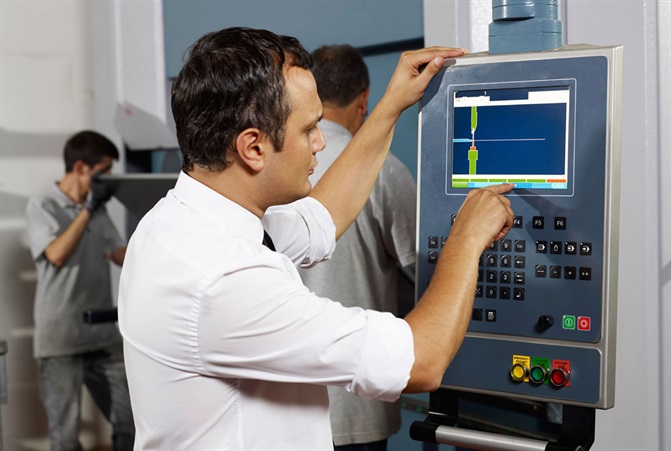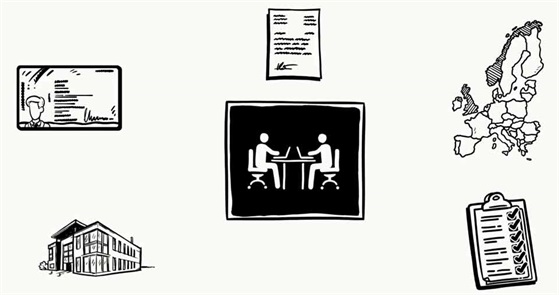👷
Life in Germany > Work in Germany

©
Bild_iStock
What rights do employees in Germany have?
How is the German job market structured?
Despite the many crises in recent years, the German labor market has been stable. Only about 6% of the German population were registered unemployed in 2015, which is 3% below the average of the European Union. In order to work in Germany, you need German citizenship or that of an EU country. People from other countries need a special work permit issued by the foreigners' authorities after appropriate examination and under special conditions. Refugees and asylum seekers are only granted this work permit under certain circumstances, such as highly sought-after specialist knowledge.
In Germany, the "Agentur für Arbeit" (Employment Agency) is an agency that deals exclusively with the employment and labor market, and has a business center in most cities. In order to be mediated you have to make a personal appointment and provide detailed information on previous training, qualifications and professional experience. Your documents may have to be translated and certified beforehand (see section "Language") If you take a job in Germany you have to report this to the employment agency and other authorities that are responsible for you.
Work conditions, financial conditions and the protection of employees are legally determined in Germany. For example, the law states that employees are not allowed to work more than 8 hours a day and only on working days (Monday to Saturday) and that every worker has a holiday entitlement of at least 20 days per year. Since 2015 there has also been a regulation concerning the smallest salary that one must receive for his work. This so-called minimum wage stipulates that every activity of employees aged 18 and over must be paid at least € 8.50 per hour. The Youth Protection Act stipulates that work for children under 16 is prohibited. There are exceptions, such as smaller pupils' jobs or babysitting.
Phrases
I have a degree
Ich habe einen Schulabschluss
I have worked as (your profession).
Ich habe eine Ausbildung als … (Berufsbezeichnung)
I would like to work.
Ich habe als (Berufsbezeichnung) gearbeitet.
I have studied (field).
Ich habe (Studiengang) studiert.
Can I work already?
Darf ich schon arbeiten?
How can give me advice regarding trainings and work?
Wer kann mir bei Fragen zu Ausbildung und Arbeit weiterhelfen?
Can I have a work permit?
Bekomme ich eine Arbeitserlaubnis?
How can give me a work permit?
Wer kann mir eine Arbeitserlaubnis ausstellen?
Where can I find the "Agency of Work?"
Wo finde ich die ‚Agentur für Arbeit‘?
How can I find the Job center?
Wie gelange ich zum Jobcenter?

